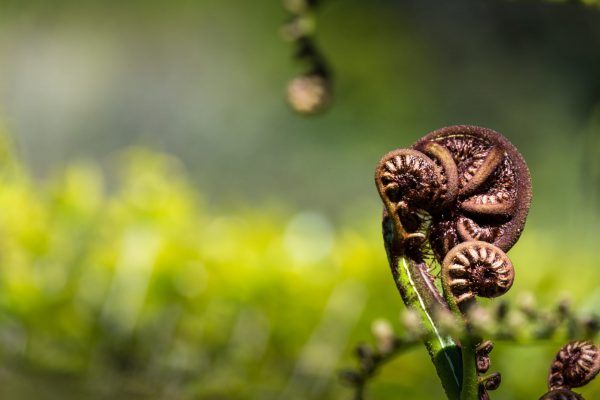Education and knowledge
-
The education system
The influence of the education system weaves through our lives and society. We often judge others against this system, impacting our sense of our - and others’ - worth. Participants spoke about barriers within the system that people with diverse needs and identities faced. They shared how the education system has perpetuated systemic social issues, like racism, ableism, racial bias particularly towards Māori and restricting access for Māori to Te Reo Māori.
I was working in Colombia for more than 20 years. When I came to NZ, they said you need to [take] English class[es]. All of my education and experience was nothing in NZ. I feel so disappointed. I start the job. The job was the same thing in Colombia, just change the language.
-
I was working in Colombia for more than 20 years. When I came to NZ, they said you need to [take] English class[es]. All of my education and experience was nothing in NZ. I feel so disappointed. I start the job. The job was the same thing in Colombia, just change the language.
-
People were surprised to hear about my education background especially when my husband has a PhD (they ask "Muslims have high degrees?")
-
Ministry of Education as a whole hasn’t decided what dyslexia, autism, etc looks like and we don’t have a way to know where and how to help them. Teachers are not skilled in teaching outside the mainstream average student. They don’t have skills for teaching outside of the box. [Xxx] provides that support (to learning disabled) thanks to dedicated set of parents.
-
There are people who are disengaged. If your literacy is low, it’s difficult. You don’t have a voice. Part of Adult and Community Education is learning that you do have a voice, and that you have rights and also responsibilities.
-
When I went to school, Māori students didn’t do better or worse than Pākehā students, but there is a bias that Māori don’t do those science subjects. This leads to the intrinsic bias that Māori should do trades. There’s a major disconnect between the level of jobs Māori get and the level of jobs Pākehā and Europeans get. I would like to think it’s because employers aren’t biased against Māori. But I think it’s because Māori think they can’t get on in the white man’s world.
-
-
Lack of knowledge about diversity
When others don’t understand parts of your identity or experience and make assumptions about you, or what you’ve been through - it can affect your feelings of belonging. Participants spoke about how people said wrong and hurtful things about their identity. People made assumptions about them based on their country of birth; not understanding their disability or mental health needs; repeating stereotypes about domestic violence.
My sisters had negative experiences, kids saying they were terrorists, or saying our mum has cancer cause she wore a headscarf, so the other kids didn’t want to sit with them [my sisters] because they thought our mum had cancer.
-
My sisters had negative experiences, kids saying they were terrorists, or saying our mum has cancer cause she wore a headscarf, so the other kids didn’t want to sit with them [my sisters] because they thought our mum had cancer.
-
That lack of knowledge makes you feel that you do not belong – we have this long Māori history that most of the country don’t even know.
-
Same is true for depression - people don’t think it’s real. My sister has depression and she gets it [the lack of understanding] from my grandparents - they just don’t understand and they’re our grandparents. Especially in NZ, I think there’s a lack of understanding.
-
I get so tired of telling people about my Tourette’s. I say the same line to people thousands of times, that I have the line memorized, “hi I have Tourette’s, it’s a neurological disorder, it makes me say and do things I can’t control.” I can’t not tell people that, and that contributes to the sense of not belonging and I have to deal with it.
-
"This guy came to do pest control [at the house].
He said, “are you ‘Pakistanian’?”
“No, I’m from Jordan.”
“Oh cool, that’s in India, right - I have a sister-in-law from Gujarati.” [note: Gujarati is the language/ethnicity, not a place]." -
They look at me at school, people used to call me names, assume I was a druggie and stuff. People that didn’t know me too well at school. Just sucked [person with autistic traits].
-
Having a hidden disability, having MS, there is a lack of understanding. You try to explain it to people: I say, “I’m exhausted.” They say, “oh yeah, I’m really tired too.” I think to myself, “no you have no fucking understanding that when I’m exhausted, I can’t even get out of bed.” But I just agree politely. When I was working, really hard, I would drag myself through the week and sleep all weekend just to get through the next week.
-
When we invite people around to our house, some people will bring wine, but they’ll be surprised their wine is not out at dinner place if you want to go to their house, they don’t think they should drink if we are there. Just the basic educational understanding of what is offensive or not, and the group of people that don't care. Quite a few people just do it and ask for forgiveness not permission.
-




